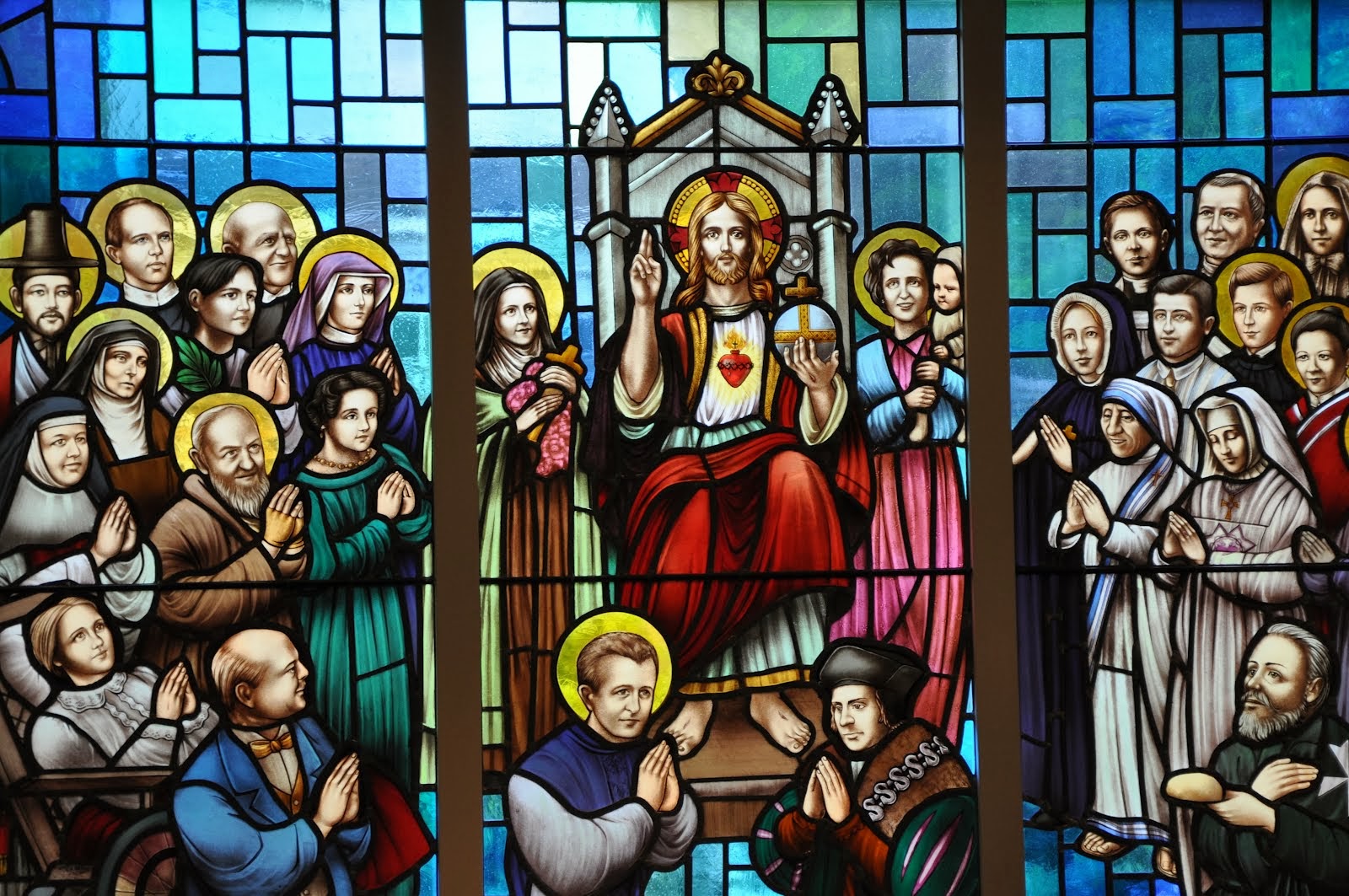
“Did you commit sin? Enter the church and repent for your sin; for here is the physician, not the judge; here one is not investigated, one receives remission of sins.” St. John Chrysostom (4th-5th centuries, Doctor of the Church)
“The beginning of good works is the confession of evil works, and then you do the truth: not soothing, not flattering yourself. And you come to the light, because this very sin in you, which displeases you, would not displease you if God did not shine upon you, and His truth show itself unto you.” St. Thomas Aquinas (13th century, Doctor of the Church)
“Three conditions are necessary for Penance: contrition, which is sorrow for sin, together with a purpose of amendment; confession of sins without any omission; and satisfaction by means of good works.” St. Thomas Aquinas
“The beauty… of earth fades into insignificance before the unspeakable beauty of a soul in a state of grace.” Ven. Louis of Granada (16th century)
“Anything that may have been confided to me in that [Confession] way is not retained in my memory. I have buried it in oblivion, out of veneration for the inviolable seal of Confession, and I would choose, with God’s help, to be torn in pieces rather than sacriligiously to violate the seal of Confession.” St. Jan Sarkander (16th-17th centuries)
“Confess yourself frequently, humbly and devoutly, even though your conscience should not reproach you with the guilt of mortal sin. By confession you not only receive absolution from the sins you confess, but likewise a great strength to avoid them in the future, light to discern them well, and abundant grace to repair all the damage you may have sustained by them. You will also practice the virtues of humility, obedience, sincerity and charity.” St. Francis de Sales (16th-17th centuries, Doctor of the Church)
“God, at the moment of absolution, throws our sins over His shoulder. He forgets them; He annihilates them; they shall never reappear.” St. John Vianney (18th-19th centuries)
“The resurrection of Lazarus may be regarded by us also as a type of the sacrament of penance. Jesus alone has the power to convert the heart, but He delegates to His Apostles and ministers the office of freeing Lazarus from the bands and the winding sheet which envelop him.” Bl. Ildefonso Schuster (19th-20th centuries)
“If the soul is sick, one must begin by treating the soul. Do you have faith? Do you believe that God can do something for you? Go confess yourself to the priest…then go to Communion.” St. Andre Bessette (19th-20th centuries)
“A few decades ago, nobody believed in the confession of sins except the Church. Today everyone believes in confession – with this difference: some believe in confessing their own sins; others believe in confessing other people’s sins. The popularity of psychoanalysis has nearly convinced everyone of the necessity of some kind of confession for peace of mind. This is another instance of how the world, which threw Christian truths into the wastebasket in the nineteenth century, is pulling them out in isolated secularized form in the twentieth century, meanwhile deluding itself into believing that it has made a great discovery. The world found it could not get along without some release for its inner unhappiness. Once it had rejected confession and denied both God and guilt, it had to find a substitute.” Ven. Fulton Sheen (19th-20th centuries)
